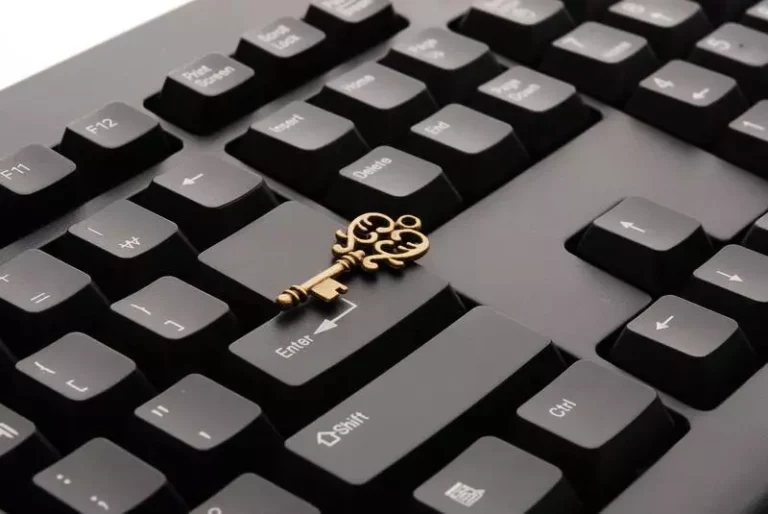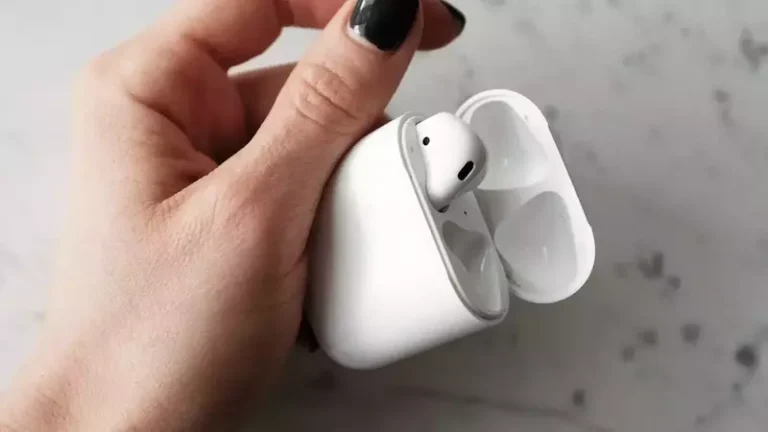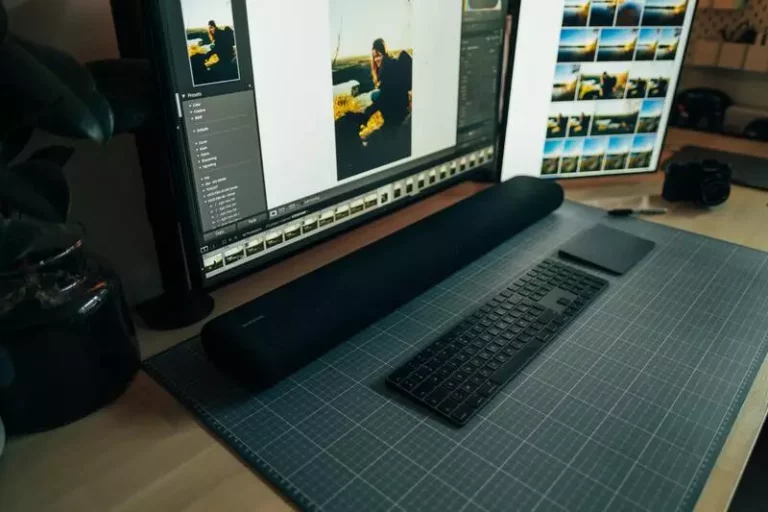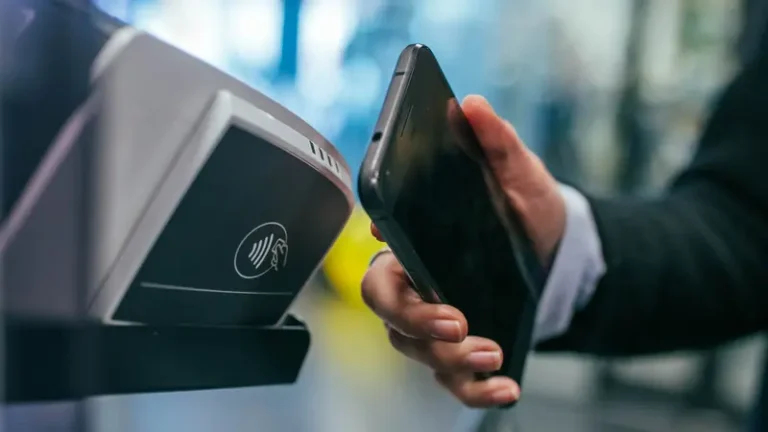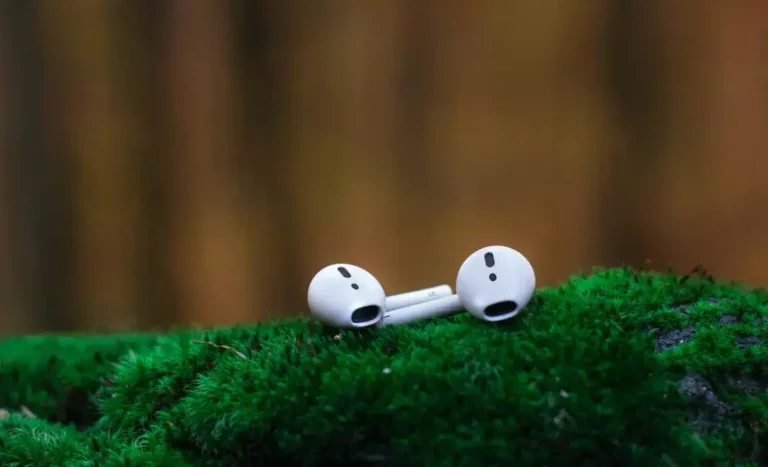Why Does One of My AirPods Die Faster Than the Other?
This site contains affiliate links to products, and we may receive a commission for purchases made through these links.
Apple’s AirPods are a huge hit, but there is one problem that a lot of people have been reporting: one of the AirPods dies faster than the other. So, what’s going on? Why does one AirPod die faster than the other? I have compiled a list of some reasons.
The major reason one of your Airpods might be dying faster is that you are probably using one more than the other. Doing this will drain the battery on that AirPod faster. So, if you are experiencing this problem, try using them both equally and see if that fixes the issue.
There are many other reasons why one of your AirPods dies faster than the other. Below, I take you through them, and more importantly, I explain to you how you can fix them.
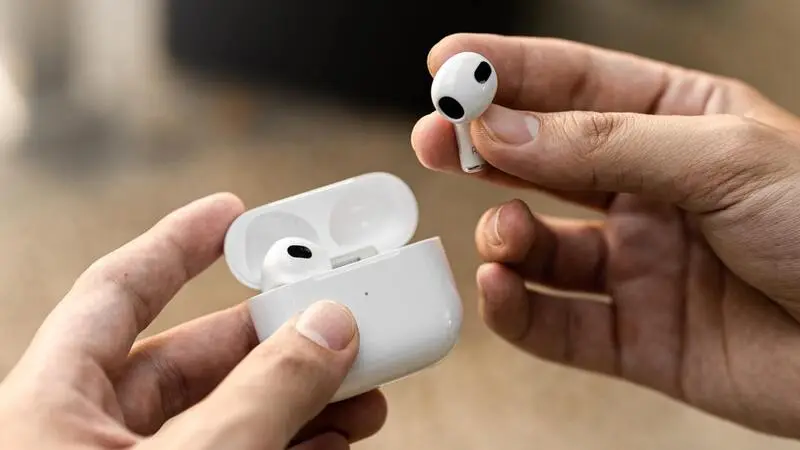
Why Does One of My AirPods Die Faster Than the Other?
There are many reasons why one of your AirPods might die faster than the other. Here are some of them:
1. You might be using one more than the other
You may not be aware that you are using one more than the other, but this is one of the major reasons why one AirPod dies faster than the other. To fix this, try using them both equally and see if that fixes the issue.
2. The battery might be damaged
If you have been using your AirPods a lot and charging them regularly, it is possible that the battery on one of them may be damaged. For instance, there may have water damage if you have been using them in wet conditions.
The battery may not be damaged, but it is possible that the connection between the battery and the other parts of your AirPod might have come loose. This can also cause one AirPod to die faster than the other. So, you should try cleaning your AirPods’ batteries with a cotton swab and some isopropyl alcohol.
3. The charging case may be damaged
If you have been using your AirPods a lot, it is also possible that the charging case may be damaged. You can tell if the charging case is damaged by looking for these symptoms:
- The light on the front of the charging case doesn’t turn on or it is very dim
- The charging case feels warm to the touch when you are not charging your AirPods
- Your AirPods don’t charge in the charging case
If you are experiencing any of these symptoms, then it is likely that the charging case is damaged. In this case, you will need to buy a new one.
4. You Use the Mic on the AirPod more often
The Mic often turns on in the AirPod that you bring out of your charging case first. This means that if you often bring out the right or left AirPod first after charging them, that AirPod’s Mic will be used more often on that AirPod and it will die faster.
This is easy to avoid though. Just make sure that you bring out the AirPod on the other side of your head first. This way, they will both be used equally and the Mic won’t drain the battery on one faster than the other.
5. The AirPods are not syncing correctly
It is possible that your AirPods may not be syncing correctly. This can be due to a number of reasons such as:
- The AirPods are not syncing correctly with your iPhone’s Bluetooth connection.
- There is an issue with the firmware on one or both of your AirPods.
- You have paired them with more than one device and they are trying to connect to all devices at the same time.
In this case, you should try syncing them with your iPhone again by turning off Bluetooth on your phone and then turning it back on.
6. Manufacturing defect
Many iPhone users have complained about one AirPod dying faster than the other and Apple has recently acknowledged this as a manufacturing defect. If you are experiencing this issue, then you should contact Apple and they will replace your AirPods under warranty.
One of My AirPods Drains Faster than the Other: What Should I Do?
1. Avoid using one AirPod More Frequently than the Other
You want to try and use both AirPods equally to make sure that the battery doesn’t die on one faster than the other.
2. Clean your AirPods’ Batteries
If you think that the battery might be damaged, then try cleaning your AirPods’ batteries with a cotton swab and some isopropyl alcohol.
3. Reset Your AirPods
You can try resetting your AirPods by holding the pairing button on the back of the charging case for about 15 seconds.
4. Disconnect and Reconnect the AirPod
This is one of the simple ways to fix if the AirPods are not syncing correctly. Just disconnect and reconnect them to your iPhone.
5. Inspect the AirPod Charging Port
As I mentioned earlier, it is possible that the charging case may be damaged.
6. Contact Apple Support
If you are experiencing any of these problems, then you should contact Apple support. Many users have complained about one AirPod dying faster than the other and Apple has recently acknowledged this as a manufacturing defect. They may replace your AirPods for you under warranty.
7. Update the Firmware of Your AirPods
The last thing you can try is updating the firmware of your AirPods. This can be done by opening the Settings app on your iPhone and then selecting “General.” Scroll down to “Software Update” and click on “Download and Install.” Make sure that your AirPods are connected to your iPhone before you do this.
8. Check for Water Damage
Water damage is also a common reason why one AirPod might die faster than the other. If you think that your AirPods may have been damaged by water, then you can try drying them out.
READ MORE! How Can I Make My Wireless Earbuds Last Longer? (Solved!)
Final Thoughts
There are various reasons why your AirPods may be dying faster on one side than the other. Hopefully, the tips I have highlighted in this article will help you to resolve the issue. If not, then you may need to contact Apple support for more assistance.

Espen
Espen is the Director of ProPairing and has written extensively about Bluetooth devices for years. He is a consumer product expert and has personally tested Bluetooth devices for the last decade.

